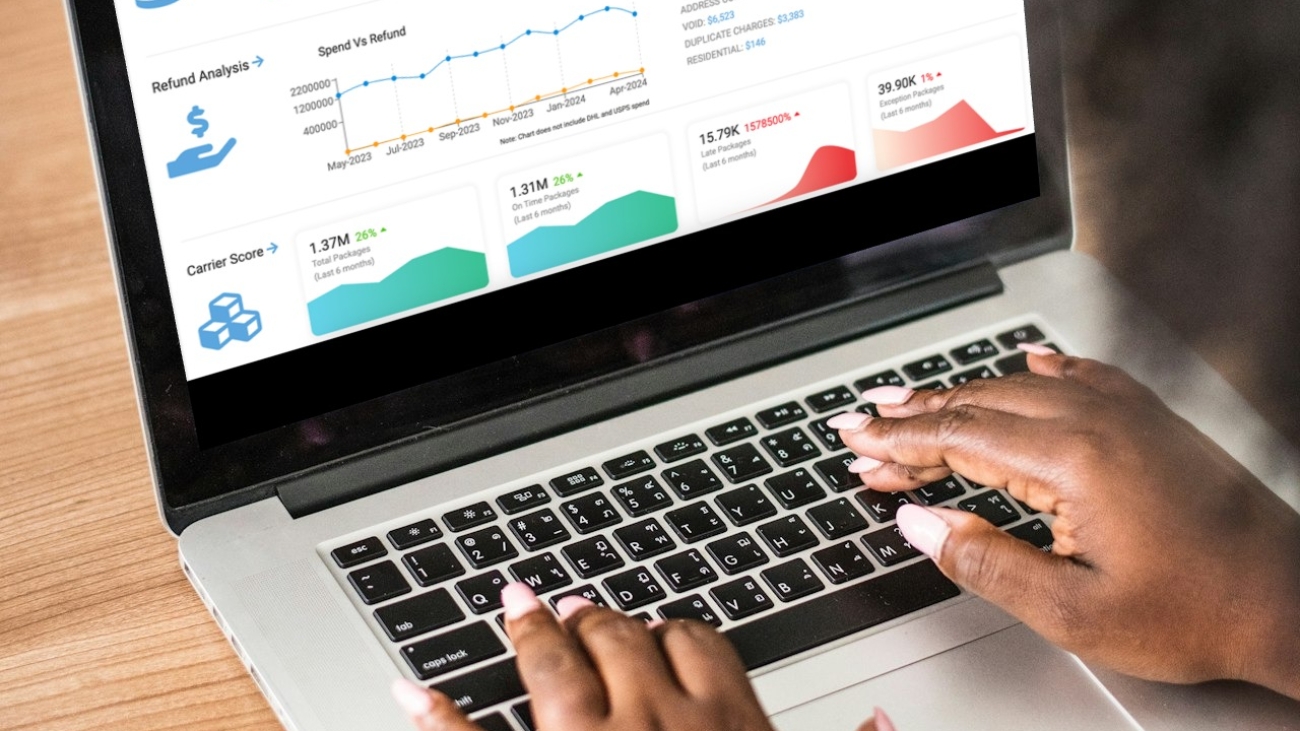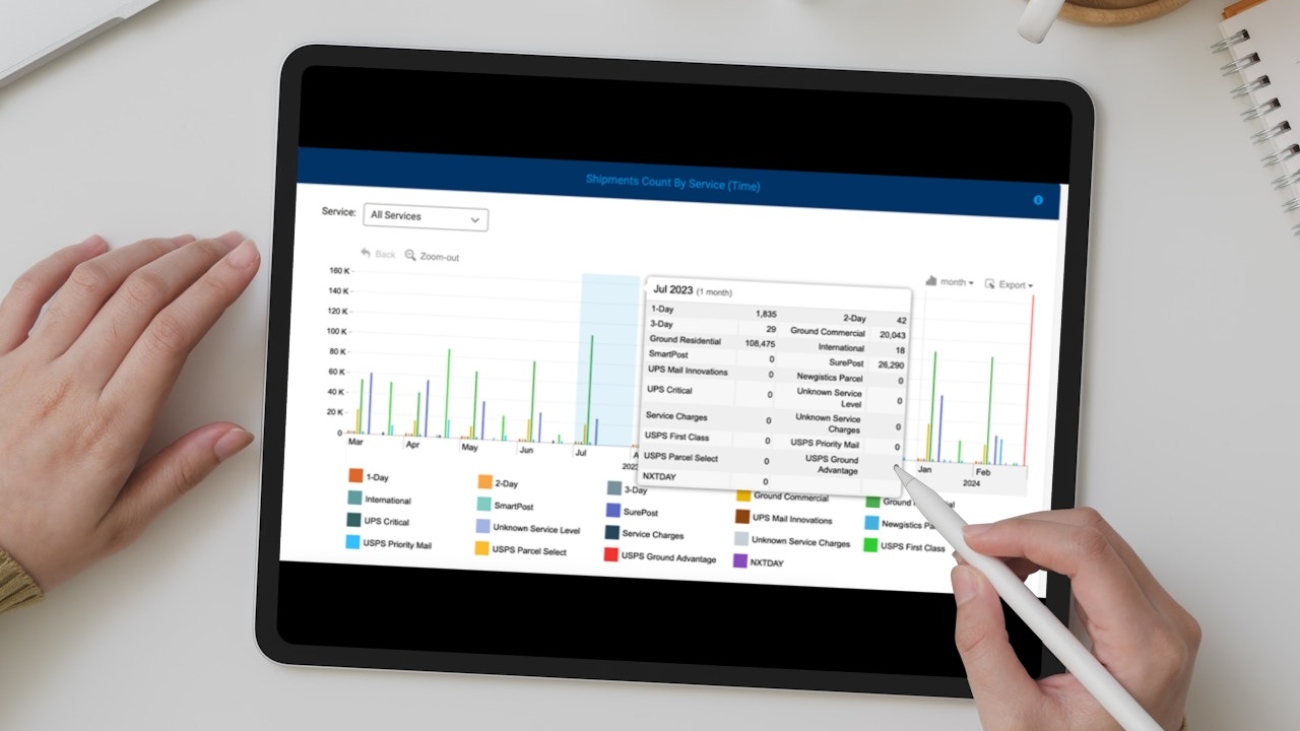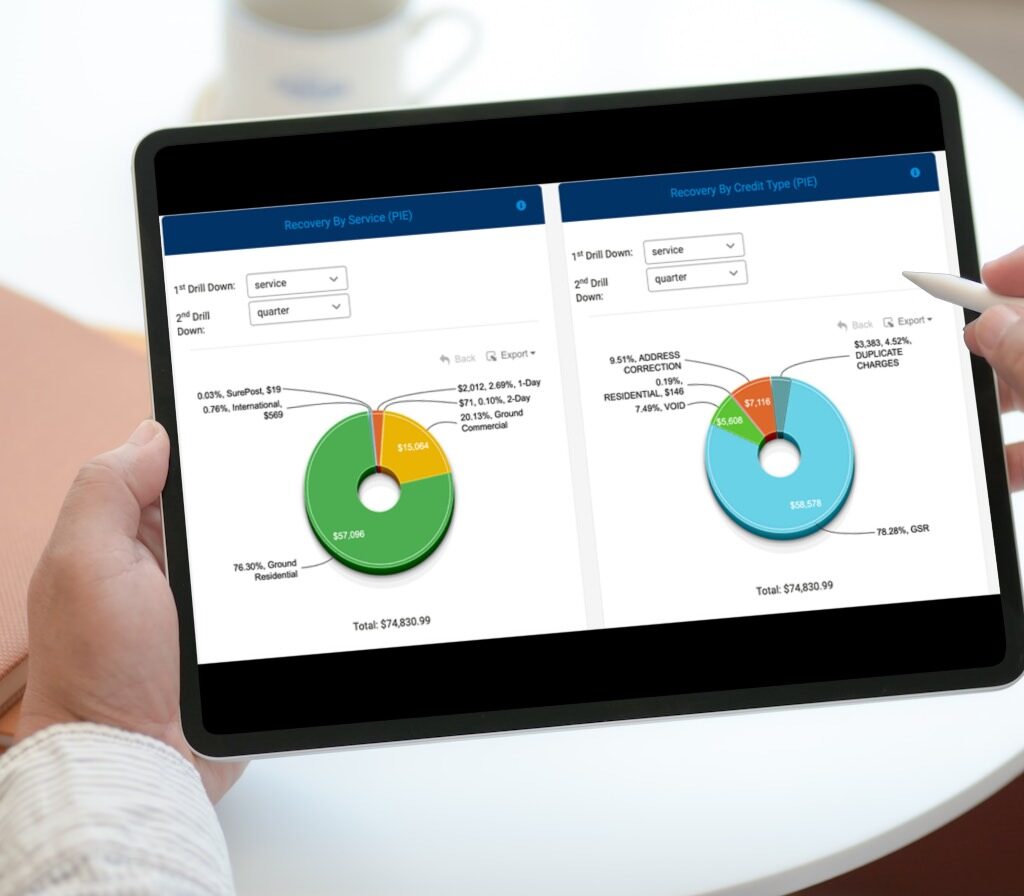U.S. businesses are troubled over the shipping disruptions due to re-routing from the Red Sea. Further, the drought in the Panama Canal is increasing the freight rates. In addition, it has caused a significant impact on global maritime freight transit time. U.S. container import volumes increased in March 2024 by 0.4% from February. Moreover, the air cargo market has grown to 11% in February, compared to the same month in 2023.
Shippers are finding it expensive to ship products through air freight. So, U.S. retailers are trying various tactics for building resilient supply chains. These tactics include carrying more stock and focusing on nearshoring. Shippers are sourcing their suppliers closer to their markets. In addition, the retailers are giving less discounts. As per reports, discounts of U.S. retailers’ have averaged 39% in 2024 compared to last year.
Apart from these tactics, businesses can use technology to reduce transportation costs. Advanced software helps to streamline transportation spend. This article defines Transportation Spend Management and its significance.
Definition of Transportation Spend Management
It is a robust approach to managing transportation spend. Transportation Spend Management (TSM) includes tracking and analyzing data. It helps to cut shipping costs and improve customer service.
Cloud-based transportation management tools offer real-time visibility to businesses. A comprehensive view of parcel and freight costs helps manage shipping expenses. Further, it monitors shipping operations and detects areas of excess spending.
Transportation Spend Management provides an affordable, streamlined way to improve supply chains. Automation aids in sorting through large amounts of data efficiently. In addition, it helps in optimizing shipping data analytics, freight audit and payment processes, and more. Business Intelligence (BI) processes can assess the performance of shipping operations. Further, Artificial Intelligence (AI) tools integrate data to give insights into transportation costs.
Transportation cost visibility
Transportation costs are expenses related to all aspects of handling goods. These include costs encompassing loading and unloading of goods at the start and the final destination and trans-shipment. Further, the costs cover labor, fuel, employing infrastructure, vehicles, and more. Some factors that impact shipping spend are delivery route location, mode of transportation, shipment size, etc.
Businesses need a clear view of the expenses associated with their supply chains. The costs of each shipment have to be understood. These costs involve freight costs, logistics costs, and landed costs.
–Freight costs measure the amount spent on freight shipping.
–Logistics costs provide an assessment of the costs related to logistics. It includes procurement, physical labor, storing and transporting goods, etc.
–Landed costs cover the total costs from the product production to delivery.
Companies use TSM to gain clarity on their transportation costs in real-time. Tools like Freight Audit and Payment (FAP) systems can analyze data in TSM.
Striking features of Transportation Spend Management (TSM)
TSM resolves the complexity of transportation spend. It simplifies shipment options and complex shipping carrier contracts.
Some chief features of TSM are:
- Organizing Data with Predictive Analytics
Shippers can automate tedious processes by leveraging big data and analytics. Data-driven supply chain management allows companies to remain competitive. Various data points for analysis are vendor data, inventory, invoice information, etc. Further, predictive analytics analyses historical data with real-time information. It accurately forecasts demand and manages capacity. Route optimization also lowers transportation costs and ensures timely deliveries.
Advanced algorithms streamline the raw data into actionable, meaningful insights. Shippers view the data in the form of easy-to-use dashboards and widgets. In addition, shipping reports give a clear picture of the transportation spend. Companies focus on ways to manage shipping costs with a good customer experience.
- Standardizing audit processes
After transportation data analysis, an in-depth audit of invoices is essential. A freight or parcel audit closely studies freight or parcel carrier contracts. Companies can get money from service failures, refund claims, and more. Automating the matching of freight invoices and validation reduces errors in billing. It ensures on-time payment and improves vendor relationships.
Companies reduce errors and streamline operations by standardizing audit processes. Further, it enhances operational efficiency and increases profits for companies.
Supply chain spend analysis with TSM
Analyzing procurement expenses to decrease costs and increase efficiency is spend analysis. In supply chain management, spend analysis boosts ROI. With the right technology, shippers can reduce supply chain costs. The spend analysis process involves data gathering and normalization, categorizing vendors, etc. Businesses have to identify cost-saving opportunities when negotiating with suppliers.
Partnering with 3PLs, shippers can make strategic decisions. Shippers can reduce shipping costs by
-Centralising the procurement process
-Managing vendor inventory efficiently
-checking inaccurate pricing by suppliers
-Eradicating duplicate orders
-Consolidating orders,
and more.
Transportation Spend Management (TSM) empowers businesses in shaping optimized supply chains. A cloud-based TSM leverages data from across supply chains and anticipates disruptions before they occur. Collaborating with supply chain stakeholders reduces supply chain bottlenecks. Further, it aids in developing a cost-effective, high-performing supply chain.
Benefits of Transportation Spend Management
Companies get numerous benefits by using TSM. Some of the benefits include
- Improve supply chain efficiency with real-time monitoring
- route optimization to reduce fuel costs and improve on-time delivery performance.
- streamline shipping operations to save time and resources
- improve customer service with accurate, real-time information on the shipments
- Optimizing logistics processes with data-driven analytics in real-time
and
- user-friendly intuitive dashboards customized for businesses.
Transportation Spend Management uncovers savings from freight audits. Freight Bill Audit Services and Payment Solutions ensure accurate freight bill payments. Freight spend management provides complete transportation visibility. Freight spend gives insights into carrier allocation, budgeting, and benchmarking. It identifies new potential shipping carriers with reduced transportation costs. Freight spend management solutions can lower complex freight expenses.
Manage transportation spend with Audintel TSM Services
Audintel Transportation Spend Management services manage shipping expenses effectively. Our cutting-edge software solutions optimize shipping operations. We give accurate information about transportation costs. Our cloud-based tools give shippers better control of their supply chain processes. Audintel’s state-of-the-art TSM services process carrier invoices and make prompt payments. It helps shippers build strong relationships with shipping carriers.
In addition, Audintel-integrated SaaS TSM increases the transparency of shipping spend. Companies get accurate information on their transportation data in real time. Our consulting and technology services help businesses make informed decisions. We have experts who have worked for leading shipping carriers. They have in-depth knowledge of the intricacies of carrier negotiations. We help in managing carrier contract negotiations with ease.
Audintel TSM services encompass freight audit solutions, optimizing shipping costs, and managing transportation expenses with spend intelligence tools. In addition, we have intuitive, user-friendly dashboards giving insights into the entire shipping operations. Shippers have customized dashboards that suit their business needs. We have a dedicated staff to augment the back-office operations of shippers. Companies partnering with Audintel can manage transportation expenses with enhanced savings.
Conclusion
Businesses need to keep pace with the demands of a dynamic global economy. Logistics spending can make a significant impact on the budget. Shipping rates and surcharges can increase transportation expenses. Technological solutions in the form of Transportation Spend Management can bring shipping costs under control.
Effective Transportation Spend Management provides visibility to supply chain operations. Automating data and analytics gives shippers an account of their expenses. Companies partner with a transportation spend management provider for their business needs. Shippers can choose a TSM provider based on their technological and industrial experience.
Audintel Transportation Spend Management services offer a data-driven approach to optimize shipping operations. We reduce transportation costs and enhance routing networks. Our next-generation TSM services improve the bottom line of companies. Connect with us at +1 (619) 354 8539 for information on transportation Spend Management services. For further details on our customized services, visit our Audintel website.






